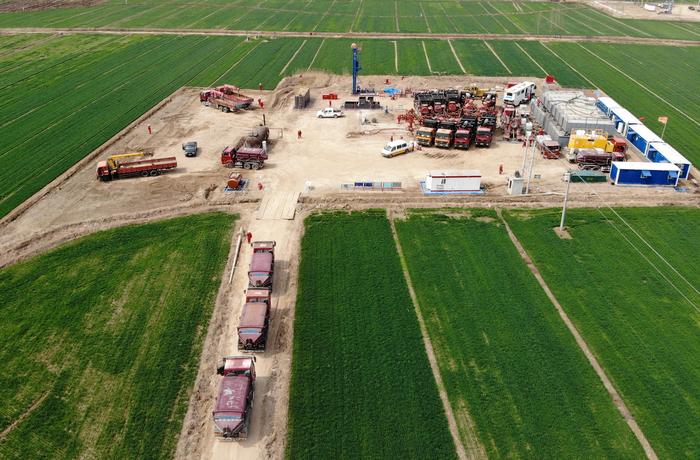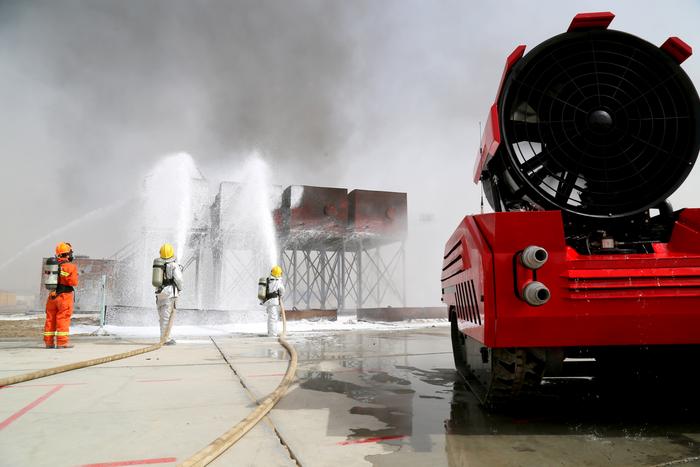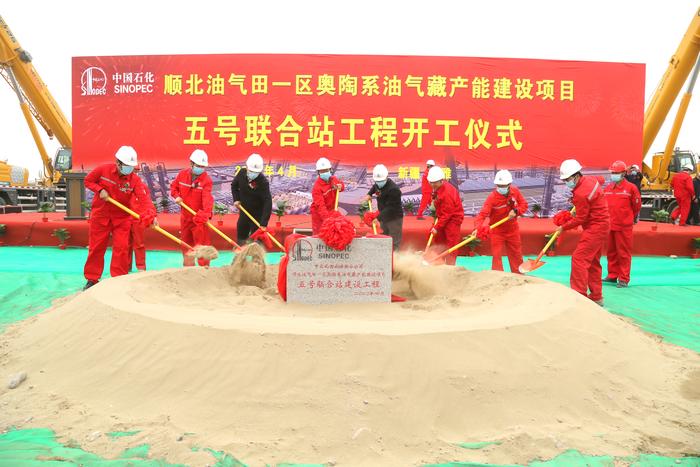|
| 2020-04-27 来源: 中国石化新闻网 |
| 石化新闻 |
中国石化新闻网讯 据今日油价4月25日报道,管道运营商Energy Transfer本周对Argus 表示,该公司将要求德州铁路委员会允许其将两条闲置的德州管道改造成储存约200万桶石油的“仓库”。 在需求和油价暴跌的情况下,美国石油生产商举步维艰,而美国各地的石油库存却在不断增加。德克萨斯州的石油生产商正努力将原油供应给美国墨西哥湾沿岸的炼油厂,但这些炼油厂正在降低原油加工率,以应对燃料需求的大幅下降。由于全球范围内的石油需求大幅下降,美国石油生产商不得不为自己的产能寻找储存空间。 本月早些时候,企业产品合作伙伴公司(Enterprise Products Partners)申请开放其向北输送石油的海上管道产能,以便让墨西哥湾沿岸的生产商将石油运往俄克拉马州库欣(Cushing, Oklahoma)的主要储油中心。 据路透社报道,管道运营商在提交给美国联邦能源监管委员会(FERC)的一份文件中表示:“鉴于目前原油市场的动荡,炼油厂和出口需求收到巨大影响,库欣的储能受到青睐。” 但许多分析人士认为,如果届时需求没有明显回升,库欣的可用库存将在5月中旬或最迟5月底前被耗尽。 洪伟立 摘译自 今日油价 原文如下: Energy Transfer Asks For Permission To Turn Pipelines To Oil Storage Pipeline giant Energy Transfer will be asking the Texas Railroad Commission to allow it to idle two pipelines in Texas and turn them into storage for around 2 million barrels of oil, the company told Argus Media this week. U.S. oil producers are struggling amid collapsing demand and oil prices while inventories across America are growing. Producers in Texas struggle to place their barrels with the U.S. Gulf Coast refineries, which are cutting crude processing rates in response to plunging fuel demand. The massive oil demand drop in the U.S. and overseas due to lockdowns in the COVID-19 pandemic has had U.S. oil producers scrambling to find storage for their produced barrels when no one wants more oil right now. Earlier this month, Enterprise Products Partners applied to open the northbound capacity of its Seaway pipeline, offering U.S. oil producers struggling to place their oil near the Gulf Coast to ship their barrels to the primary storage hub at Cushing, Oklahoma. “Given the current turmoil in the crude oil market, including impacts on both refinery and export demand, there is strong market interest to access the Cushing storage market,” the pipeline operator said in a filing with the U.S. Federal Energy Regulatory Commission (FERC), as carried by Reuters. But many analysts think that available storage in Cushing will fill up by the middle of May, or the end of May, at the latest, if demand doesn’t materially pick up by then. This is an unlikely scenario, considering the lockdowns and work from home policies in many states. |








